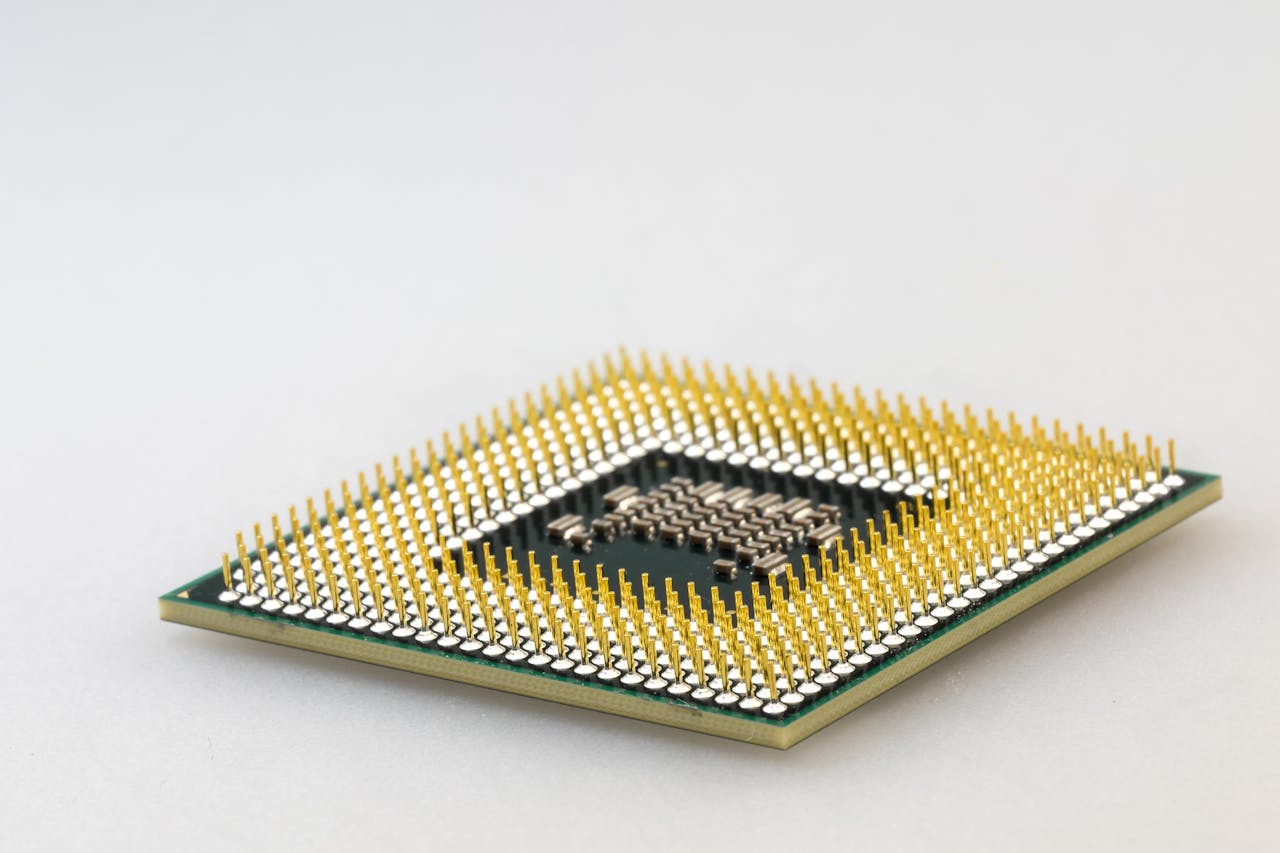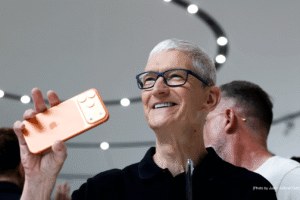
Nvidia Gets $5.5B Approval to Resume AI Chip Sales in China
U.S. Clears Nvidia to Sell H20 AI Chips in China
Nvidia China AI chip approval marks a major shift in U.S. technology export policy. Nvidia CEO Jensen Huang announced that the company can now sell its H20 AI chips to China.
The approval came from the Trump administration after months of regulatory tension. Huang revealed the news through a company blog and Chinese state television.
He said, “The U.S. government has assured Nvidia that licenses will be granted.” Nvidia plans to begin deliveries shortly.
Huang is in Beijing attending a key supply chain conference. He also met with Chinese trade officials and emphasized China’s role in global AI research. “Half of the world’s AI researchers are in China,” he added.
By securing this license, Nvidia protects a critical revenue stream that had been at risk.
Export Controls Threatened U.S. Tech Competitiveness
Earlier this year, the U.S. tightened export rules on AI chips. It restricted sales of Nvidia’s H20 and AMD’s MI308 chips to China. These actions aimed to limit China’s access to advanced AI technology.
Nvidia warned that the restrictions could cost it $5.5 billion. The company, along with others, lobbied U.S. policymakers to change course.
They argued that export bans would harm American competitiveness. If U.S. companies can’t access China’s market, they risk falling behind.
The new license balances national security with economic interest. It reflects how the U.S. is adjusting its tech strategy under ongoing global pressure.
Markets React to Renewed China Access
Despite the earlier restrictions, investors remain optimistic. After the Nvidia China AI chip approval, its shares in Frankfurt rose by 3.2% on Tuesday. U.S.-traded shares saw a slight dip of 0.5% in after-hours trading on Monday.
This development could help Nvidia maintain its growth streak. The company recently became the first to surpass a $4 trillion valuation. A large part of that growth comes from AI infrastructure.
Gaining access to the Chinese market again is a vital win. It also helps U.S. tech firms stay relevant in a region that’s advancing rapidly.
A Defining Moment in Global AI Trade
The Nvidia China AI chip approval shows how tech, trade, and security are now deeply connected. Export controls are no longer just about economics. They shape global innovation paths.
By allowing chip sales to resume, the U.S. has sent a strong message. It wants to remain a leader in AI, but without losing critical markets.
This moment could set a pattern for future technology policy worldwide. Governments must now weigh innovation access against national interests more carefully than ever.
How will this U.S. policy shift impact global AI leadership in the long term—and will it set a new precedent for balancing innovation with regulation?
Explore Business Solutions from Uttkrist and our Partners’, Pipedrive CRM and more uttkrist.com/explore



